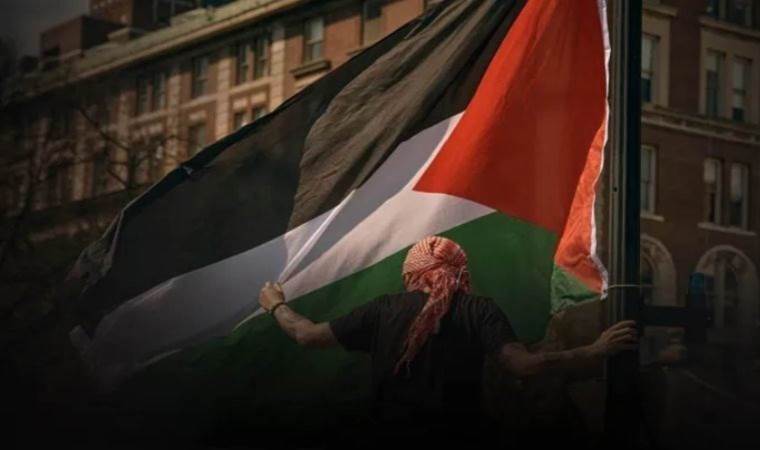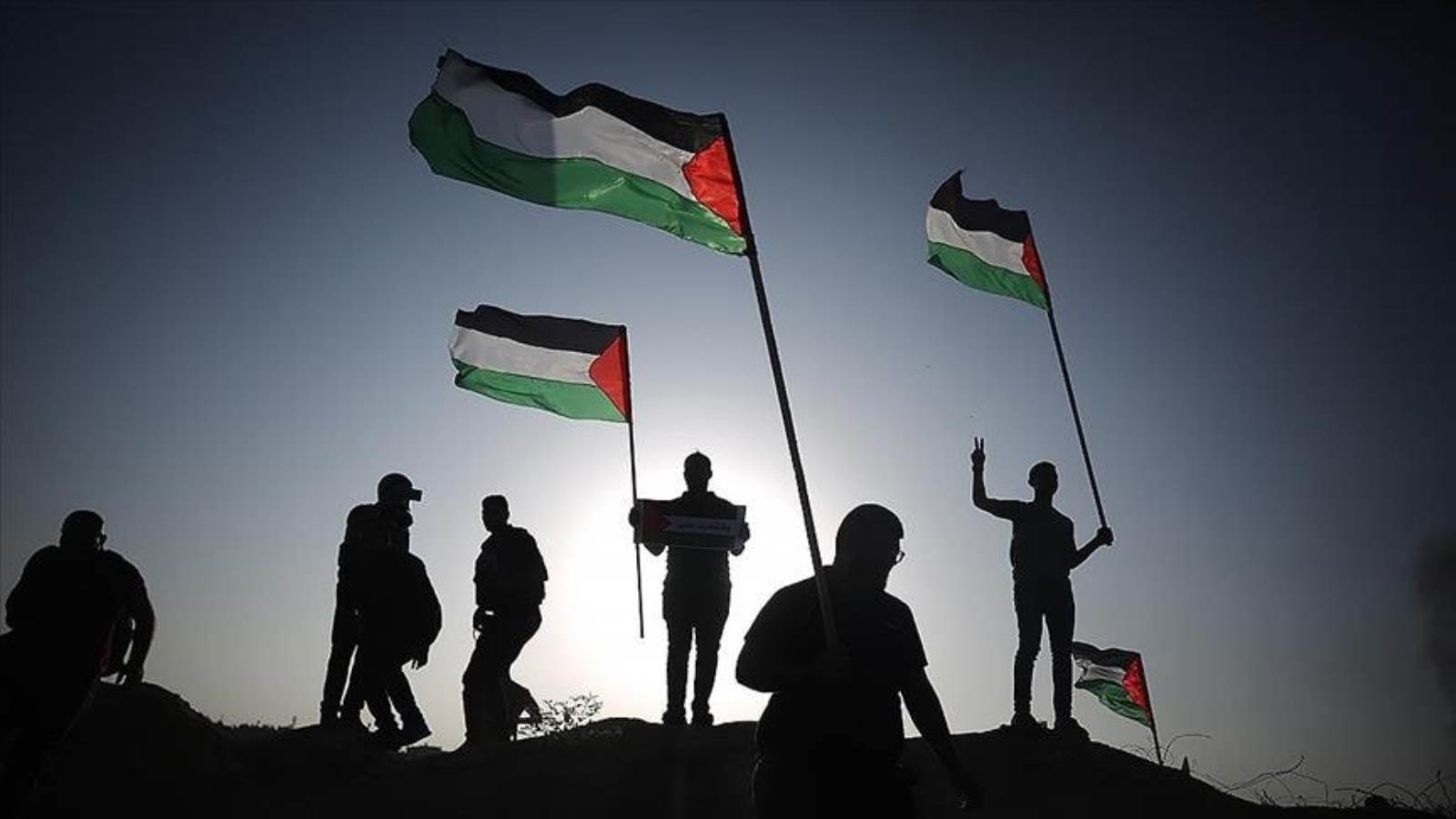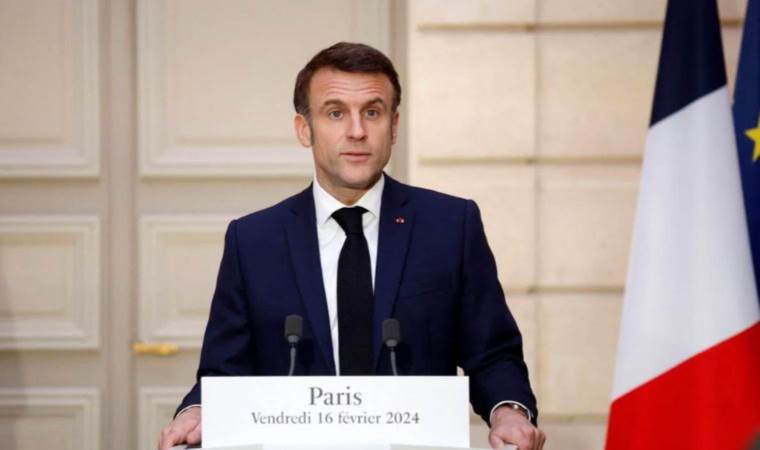Spain, Ireland, Norway set to recognise Palestinian statehood
Spain, Ireland and Norway to recognize Palestinian state officially, despite massive backlash from Israel.

Spain, Ireland and Norway will officially recognise a Palestinian state on Tuesday, despite an angry reaction from Israel, which has found itself increasingly isolated after seven months of conflict in Gaza.
By
joining more than 140 of the 193 member-states of the United Nations
that recognise a Palestinian state, Madrid, Dublin and Oslo said they
sought to accelerate efforts to secure a ceasefire in Israel's war with Hamas in Gaza.
"This is a historic decision that has a single objective: that Israelis and Palestinians achieve peace," Spanish Prime Minister Pedro Sanchez said in a televised address before a cabinet meeting that will formally approve the measure.
Sanchez said Spain would recognise a unified Palestinian state, including the Gaza Strip and the West Bank, under the Palestinian National Authority with East Jerusalem as its capital. Madrid will not recognise any changes to pre-1967 borders unless agreed to by both parties, he said.
"It's the only way of advancing toward what everyone recognises as the only possible solution to achieve a peaceful future, one of a Palestinian state that lives side by side with the Israeli state in peace and security," he added.
Ireland's Department of Foreign Affairs said last week it would upgrade its representative office in Ramallah in the West Bank to an embassy and appoint an ambassador and upgrade the status of the Palestinian mission in Ireland to an embassy.
The three countries say they hope their decision will spur other European Union countries to follow suit.
DIVIDED OPINION
Of the 27-members of the European Union, Sweden, Cyprus, Hungary, the Czech Republic, Poland, Slovakia, Romania and Bulgaria have already recognised a Palestinian state. Malta and Slovenia have indicated they could follow.
Britain and Australia have said they are considering recognition, but France has said now is not the time, while Germany joined Israel's staunchest ally, the United States, in rejecting a unilateral approach, insisting that a two-state solution can only be achieved through dialogue.
The conflict, which was triggered after Hamas militants stormed across Israel's southern border on Oct. 7 has so far killed more than 36,000 Palestinians, according to Gaza's health ministry.
Israel says the initial assault, the worst in its 75-year history, killed 1,200 people, with more than 250 hostages taken.
Israel has responded to the recognition move by pulling its ambassadors from Madrid, Oslo and Dublin and summoning the three countries’ ambassadors to watch videos of Israelis being taken hostage by Hamas gunmen.
It also blocked Spain from providing consular services to Palestinians in the West Bank and accused Spain of helping Hamas. In response, Spain has escalated criticism, describing the Gaza conflict as a "real genocide."
Spain said on Monday it would ask other EU members to officially back last week's International Court of Justice order for Israel to halt its military assault on the southern Gaza city of Rafah.
But Sanchez on Tuesday sought to ease tensions by condemning Hamas and calling for the release of hostages.
"It is not a decision we take against anyone, certainly not against Israel," he said. "We want to have the best possible relationship."



